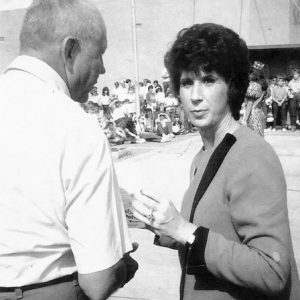 Judy Petty Campaign
Judy Petty Campaign
Entry Category: Government and Politics
 Judy Petty Campaign
Judy Petty Campaign
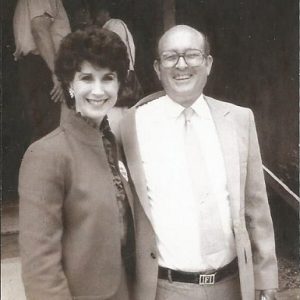 Judy Petty in Cabot
Judy Petty in Cabot
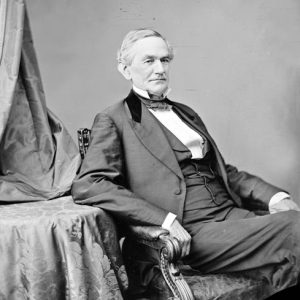 John S. Phelps
John S. Phelps
Phelps, John Smith
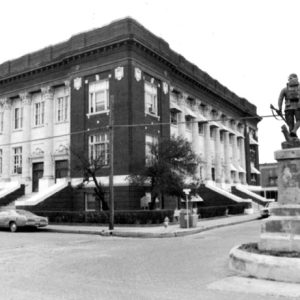 Phillips County Courthouse
Phillips County Courthouse
Phillips, Sylvanus
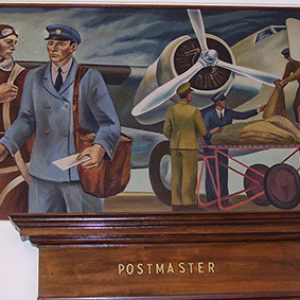 Piggott Post Office Art
Piggott Post Office Art
 Pike County Courthouse
Pike County Courthouse
Pike-Roane Duel
aka: Roane-Pike Duel
Pike, Albert
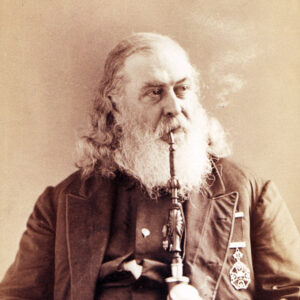 Albert Pike
Albert Pike
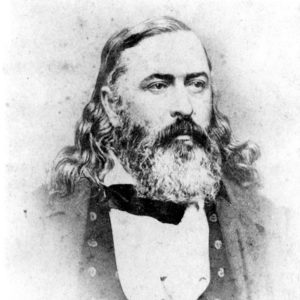 Albert Pike
Albert Pike
Pike, Annie Zachary
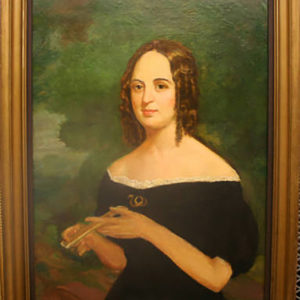 Mary Pike
Mary Pike
Pindall, Xenophon Overton
Pittman, Jennie Carr
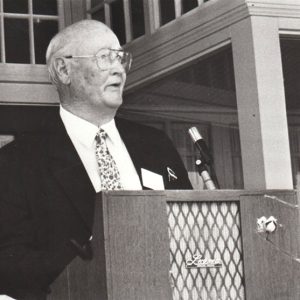 Plantation Agriculture Museum Dedication Speech
Plantation Agriculture Museum Dedication Speech
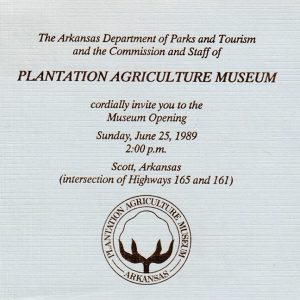 Plantation Agriculture Museum Invitation
Plantation Agriculture Museum Invitation
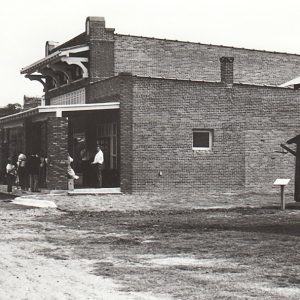 Plantation Agriculture Museum Opening Day
Plantation Agriculture Museum Opening Day
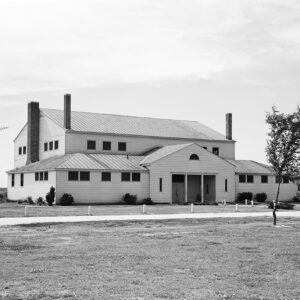 Plum Bayou Buildings
Plum Bayou Buildings
Plum Bayou Project
Plumerville Conflict of 1886–1892
Pocahontas Post Office (Historic)
Poets Laureate of Arkansas
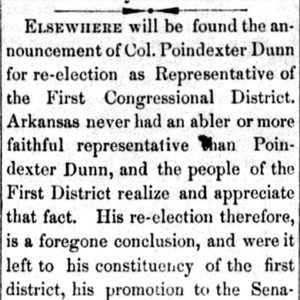 Poindexter Article
Poindexter Article
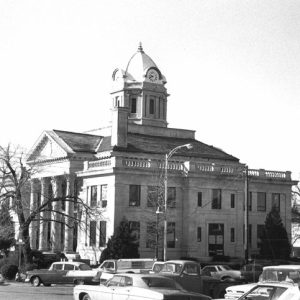 Poinsett County Courthouse
Poinsett County Courthouse
Poland Committee
aka: Select Committee to Inquire into Conditions of the Affairs in the State of Arkansas
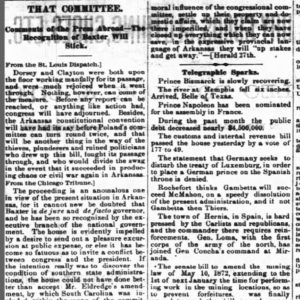 Poland Committee Article
Poland Committee Article
Political Animals Club
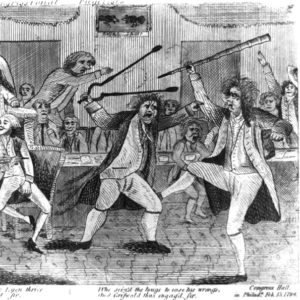 Political Cartoon of Brawl
Political Cartoon of Brawl
Politics and Government
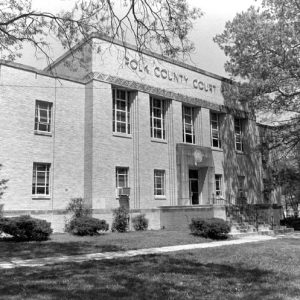 Polk County Courthouse
Polk County Courthouse
Polk County Draft War
Poll Tax
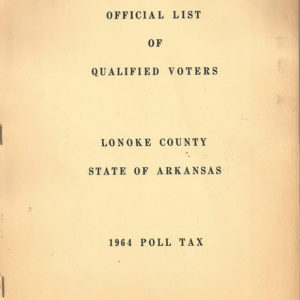 Poll Tax Book
Poll Tax Book
Pollan, Carolyn
Pollard, Odell
Poorhouses
aka: Poor Farms
 Pope County Courthouse
Pope County Courthouse
Pope County Militia War
Pope-Noland Duel
Pope, John
Populist Movement
aka: People's Party
aka: Populism
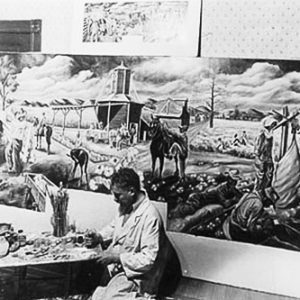 Joseph Vorst's Post Office Mural
Joseph Vorst's Post Office Mural
Post Office Art
Postage Stamps with Arkansas Connections
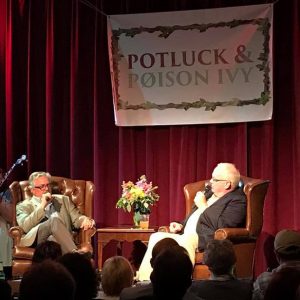 Pot Luck and Poison Ivy
Pot Luck and Poison Ivy
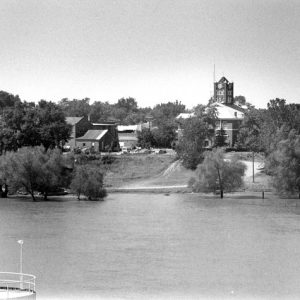 Prairie County Courthouse
Prairie County Courthouse
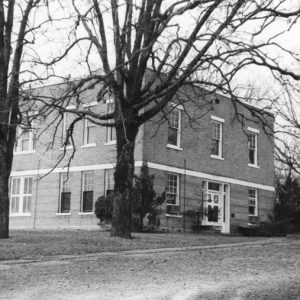 Prairie County Courthouse
Prairie County Courthouse




